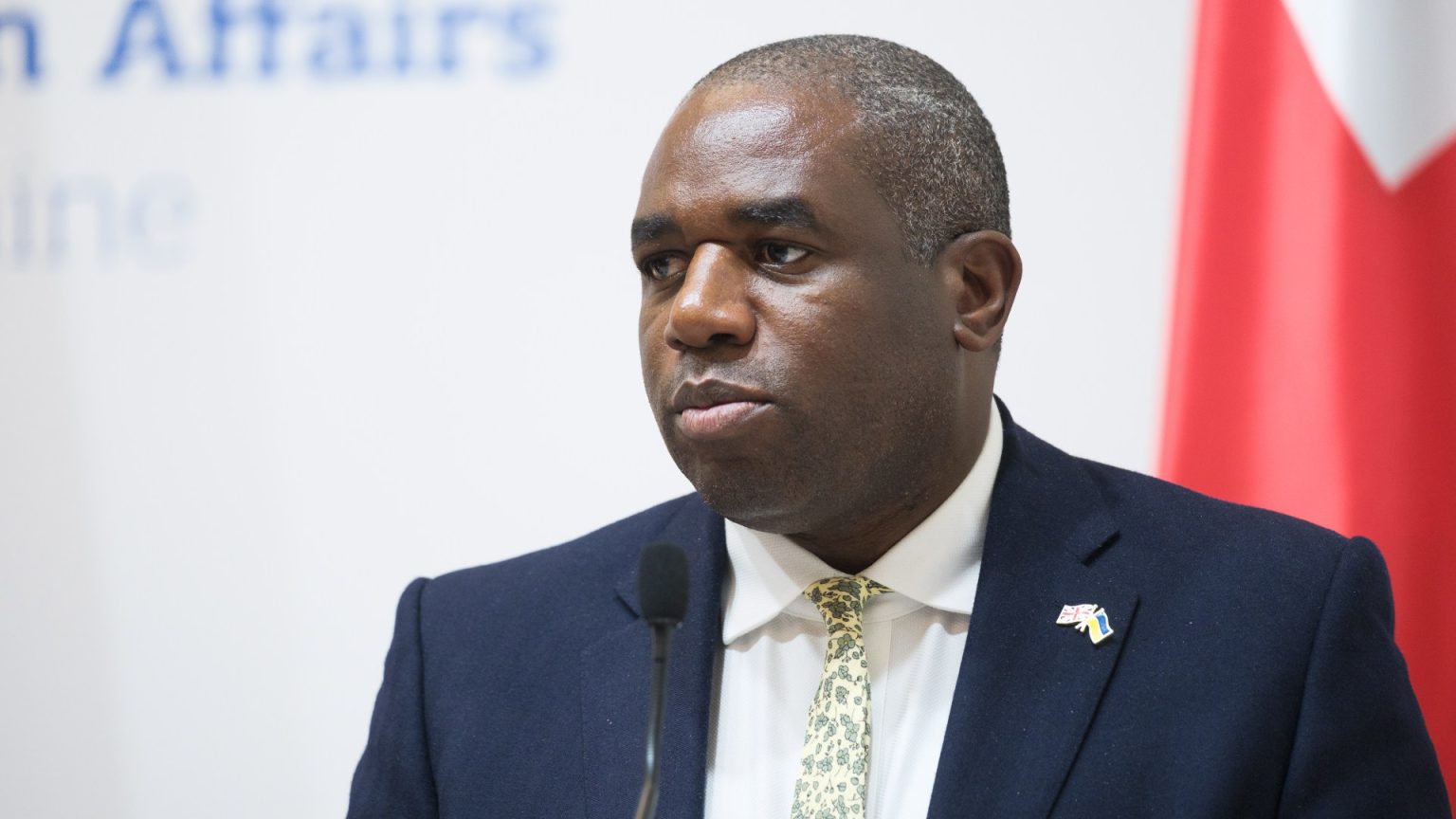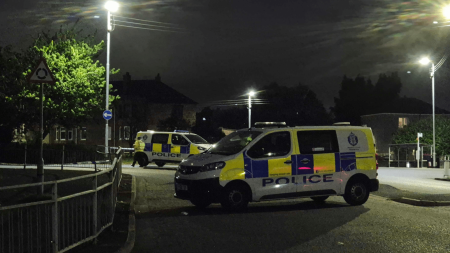The political landscape surrounding the issue of grooming gangs in the UK erupted into a maelstrom of conflicting statements and accusations, ignited by Foreign Secretary David Lammy’s assertions seemingly contradicting the government’s official position on a new national inquiry. Lammy insisted the Prime Minister had definitively dismissed the possibility of a fresh inquiry during Prime Minister’s Questions, citing Labour leader Keir Starmer’s purported rejection of the idea. This declaration, however, clashed sharply with a Downing Street spokesperson’s earlier statement indicating the government remained “open-minded” to a further investigation. This mixed messaging created confusion and fueled speculation about the government’s true intentions regarding the sensitive issue.
Lammy’s attempts to deflect questions about the possibility of an inquiry focused on the existing seven-year, £100 million Jay Inquiry and its 20 recommendations. He stressed the government’s commitment to implementing these recommendations, seemingly as an alternative to launching a new inquiry. However, victims’ groups argue that many of the Jay Inquiry’s recommendations remain unfulfilled, further complicating the narrative and raising concerns about the government’s dedication to addressing the issue comprehensively. This back-and-forth between emphasizing the existing inquiry and dodging questions about a new one further muddied the waters and intensified public scrutiny of the government’s handling of the matter.
The political theatre intensified when Labour MPs representing constituencies impacted by the grooming gang scandal voted against a new inquiry proposed by the opposition. This decision, seemingly at odds with the government’s prior “open-mindedness,” attracted criticism from the Conservative Party, who accused Labour of sowing chaos and engaging in a potential cover-up. The Conservatives pointed to the seeming contradiction between Labour’s initial openness to an inquiry and their subsequent vote against it, raising questions about their motives and commitment to addressing the issue. This political maneuvering transformed the debate into a partisan battleground, further obscuring the core issue of protecting vulnerable children.
Adding another layer of complexity to the situation, Safeguarding Minister Jess Phillips stated that “nothing is off the table” regarding the grooming gang issue, seemingly contradicting both Lammy’s and Starmer’s stance. This divergence in messaging within the government further fueled the perception of disarray and a lack of clear direction in addressing the complex issue. The differing statements from various government figures created a sense of confusion and raised questions about the internal coherence of their approach to the scandal.
The debate further escalated with Conservative Party leader Kemi Badenoch accusing the Prime Minister of ordering Labour MPs to vote against the inquiry to avoid scrutiny of potentially complicit Labour politicians. Badenoch framed the vote as an attempt to suppress uncomfortable truths, suggesting a deliberate effort to avoid accountability. This accusation further intensified the political tension surrounding the issue and fueled public distrust in the handling of the grooming gang scandal. Victims’ groups, meanwhile, continued their calls for a new inquiry, emphasizing the need for a comprehensive understanding of the systemic failures that allowed these crimes to occur and to prevent future tragedies.
Victim testimony added a poignant human dimension to the political wrangling. Elizabeth Harper, a survivor of abuse in Rotherham, praised Elon Musk for amplifying victims’ voices and appealed directly to the Prime Minister for an inquiry. Her plea highlighted the devastating impact of the scandal on individual lives and underscored the urgent need for meaningful action. The Prime Minister’s response, however, focused on the potential length and cost of a new inquiry, suggesting that “action,” rather than further investigation, was the priority. This response, while emphasizing the importance of tangible solutions, failed to address the victims’ desire for a comprehensive understanding of the systemic issues that enabled the abuse. The clash between the victims’ desire for truth and the government’s emphasis on action further highlighted the deep divisions and complex nature of the grooming gang scandal.











